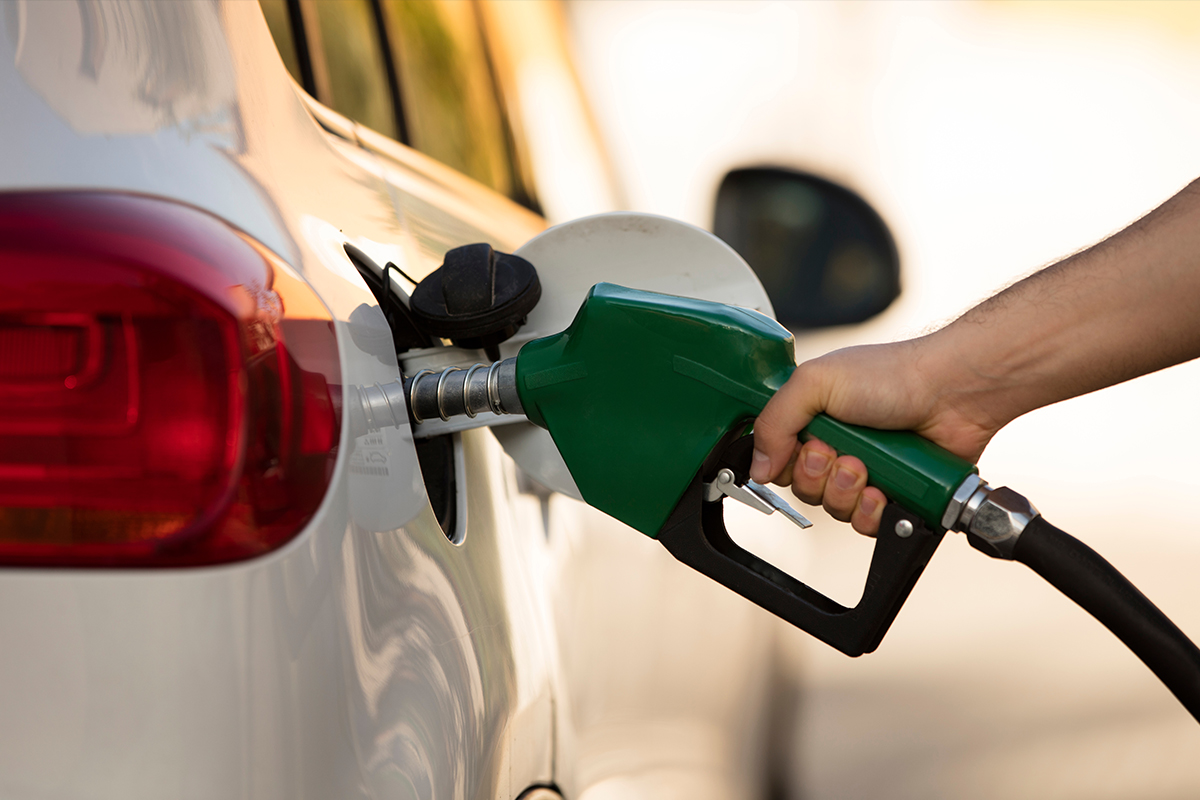Due to the most recent rise in fuel prices, several motorists are considering the possibility of filling their vehicles with cheaper gasoline but with a lower octane rating. Before making this decision, it is important to know some aspects in order to avoid mechanical problems.
The rise in fuel prices has generated not only the repudiation of the general public but also the concern of several drivers who use their vehicles daily as a means of transport to get around, whether to go to work, take their children to school. , etc.
In this context, some may have considered the possibility of loading fuel with a lower price but, on the other hand, with a lower octane number, going from 97 to 93 octane, for example.
Many may wonder if this can negatively affect the performance of the vehicle. Joseph Schweiss, a mechanical engineer, states that going down to a lower octane fuel can affect the performance and performance of the engine, depending on the type of vehicle.
An essential aspect before making this decision is to review the manual of the vehicle that one owns to see from what octane it is recommended to charge, since each manufacturer establishes a minimum requirement for each model. In the case of the 0 km, each concessionaire is in charge of providing one at the time of purchase, while with the used ones (Chileré), information can be found on the internet.
Schweiss explains that octane is the anti-knock capacity that gasoline has to prevent detonations in the engine and improves combustion, producing more useful energy. The higher the octane index, the greater the use of the engine, he referred.
This can be seen in fuel consumption, since when loading gasoline with a higher octane rating (for example, a super 97 octane), the engine consumes less as it optimizes energy and improves combustion.
“It may cost you more a gasoline with more octane but it gives you more,” he emphasized.
Another aspect that must be considered, in addition to what is recommended in the vehicle manual, is the real octane number, since a fuel does not always have the quality indicated in the service stations. For this reason, it is opportune to verify this data on the web page of each emblem.
Regarding the risk that the injector nozzles could get dirty, Schweiss clarifies that this does not depend on the octane number but rather on how “clean” the fuel is, that is, that it does not have traces of grit, water, etc.
This last point is something that the consumer will have no way of knowing right off the bat, so the ideal is to always go to a trusted service station to refuel, if possible.
The mechanical engineer also recommends trying to always load the same type of fuel into the vehicle and not constantly switching from one with a higher octane rating to a lower one, since the ECU (engine electronic control unit) tries to correct the values with the oxygen sensor. depending on the octane level and, as it varies, it will not be able to remain stable.





